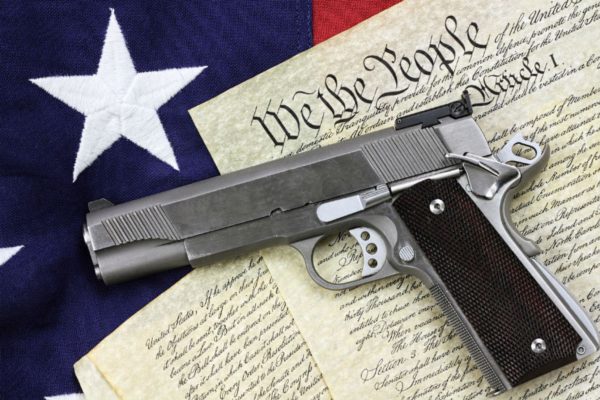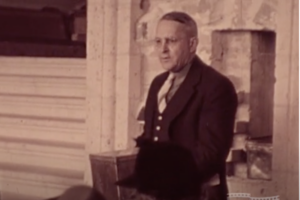Members of the National Rifle Association are more worried about their identities than their money.
Marc Fisher’s recent article in The Washington Post cited former NRA lobbyist Robert Feldman’s skepticism that NRA members would abandon the group due to the loss of credit card discounts. The reason is that members of the group do not join to save money: “Nobody’s joining NRA to get a discount at Hertz… Joining NRA is like making a religious commitment; it’s a statement about where you stand not just on guns, but on one view of what it means to be an American.”
Likewise, a recent statement from the NRA predicts that “the loss of a discount will neither scare nor distract one single NRA member from our mission to stand and defend the individual freedoms that have always made America the greatest nation in the world.”
So why are people so unwavering in their support for the NRA? It’s a matter of identity. NRA membership can make a profound statement about who you are as a person, what your core values are, and your determination to defend your group against threats. Membership is seen as a life-long commitment to a tribe rather than a convenient alliance with a group that serves your purposes (think Hertz gold club). Membership in the NRA signals to the world who you “really are.”
To psychologists who study identity, the resolute commitment of NRA members is unsurprising.
Groups like the NRA provide not only a sense of belonging for their members but a meaning system that can guide members’ attitudes and actions. People can become so deeply aligned or “fused” with the group that the group comes to define the person. In fact, for people who are strongly fused with a group like the NRA, the NRA social identity becomes every bit as self-defining as important aspects of their personal identity (I am intelligent, trustworthy, etc.).
A decade of research with my collaborators has demonstrated just how far people will go to maintain these self-defining, fused identities. Consider a study conducted during the revolution in Libya in 2011. Most fighters in that war were ordinary civilians who were unfamiliar with firearms and believed that they would not survive the insurgency. Yet those who were strongly fused with their battalions found their way to the front lines while weakly fused individuals wound up in less dangerous roles, such as providing logistical support.
When an identity is self-defining, people feel compelled to protect it, even if it means risking lives or endorsing morally dubious behaviors. This is powerful stuff, but is it a leap to draw a parallel between fighting for one’s country and supporting the NRA? No, not if one considers how NRA members construe gun-control legislation.
For NRA members, such legislation is not about merely taking their guns away. It is about threatening a cause larger than themselves, their way of life. To the NRA, gun control is a challenge to “the individual freedoms that have always made America the greatest nation in the world.”
Some hope that the current backlash against the NRA will cause the organization to fold. Don’t count on it. Research suggests that the backlash against the NRA is not only unlikely to deter supporters of gun rights, it may actually increase their zeal.
This was on full display recently when Georgia legislators acted to penalize Delta Air Lines for its move against NRA members. Subsequently, Delta softened its position, claiming neutrality on the issue of gun rights. Unlike the legislators and their constituents for whom gun rights is a matter of identity, Delta’s leadership is likely motivated by a rational, cost-benefit analysis.
Winners of today’s cost-benefit analysis may be losers tomorrow. In contrast, the commitment of strongly fused persons to a position is unwavering.
Does this mean that the NRA is invincible? Not necessarily. But framing the struggle as a battle between gun control vs. gun rights is a losing proposition given the NRA’s head start in making gun rights a matter of identity.
Framing the debate in terms of families versus gun rights might be more promising, as our research indicates that of all the groups in the world, the one to which most people are fused is families (no other group comes close). The Parkland high schoolers (“Hey parents, your kids are dying here.”) may be on to something.
William B. Swann Jr. is a professor of social and personality psychology at The University of Texas at Austin.
A version of this op-ed appeared in Fortune.
To view more op-eds from Texas Perspectives, click here.
Like us on Facebook.




